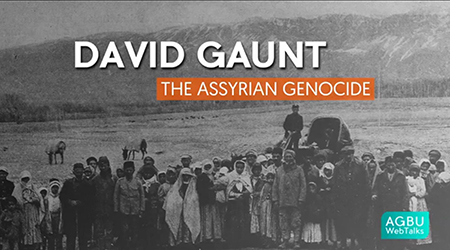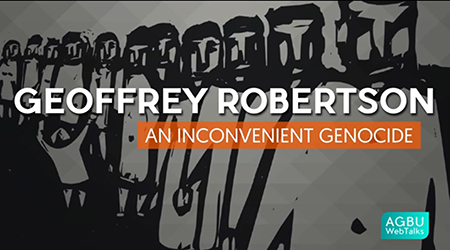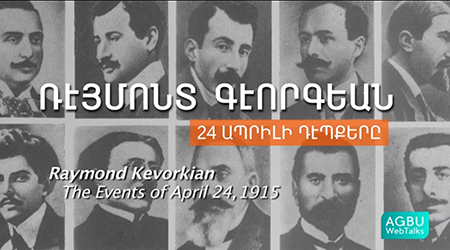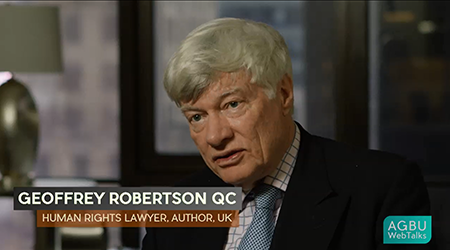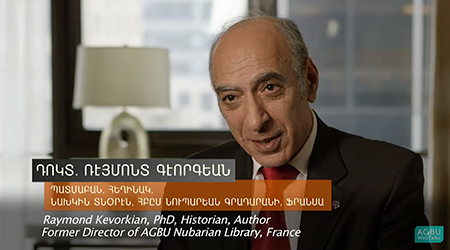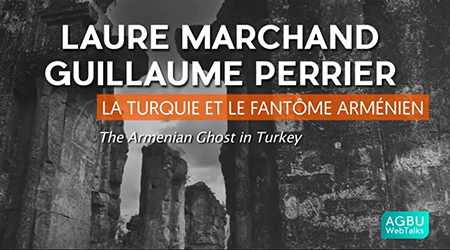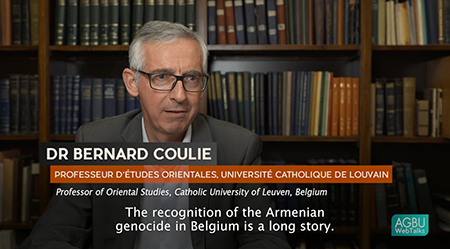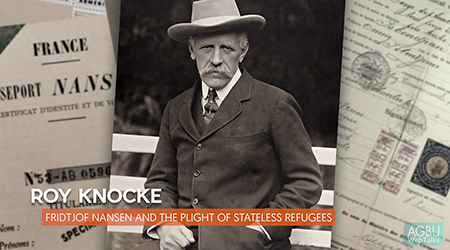WebTalks
Defining an Undeniable Genocide
Hannibal Travis

Defining an Undeniable Genocide
Legal scholar Hannibal Travis discusses the significance of the Armenian Genocide in shaping international law in the 20th century. In his 1948 draft of the UN Genocide Convention, Raphael Lemkin was the first to give a legal definition to the term “genocide,” citing the Armenian case as an example of the destruction of an entire nation. Travis explains that contrary to the false claims made by the Turkish government for the better part of the last century, the Armenian Genocide is an undeniable historical fact, supported by trials, testimony, and documentary evidence, including the Turkish government’s statements in the 1920 Treaty of Sevres accusing the Young Turk regime of widespread massacres and calling for restitution.
Produced by AGBU WebTalks in partnership with the Zoryan Institute.

Under the guise of the terrible brutalities of World War I, over a million Armenians, Assy ... [more]
Human rights lawyer and author Geoffrey Robertson disputes the denialist argument perpetua ... [more]
On the night of April 24, 1915, the Ottoman police began to systematically arrest and exec ... [more]
Human rights laywer Geoffrey Robertson explains what constitutes genocide as a legal conce ... [more]
Historian Raymond Kévorkian describes the international context and political clima ... [more]
Journalists and authors, Laure Marchand and Guillaume Perrier speak about their first enco ... [more]
Dr. Bernard Coulie reviews the progression of Belgian government’s official recognit ... [more]
Fridtjof Nansen is best known for the eponymous passport which allowed hundreds of thousan ... [more]
Psychologist Israel Charny asserts that denial - as a form of hate speech - is a continuat ... [more]

